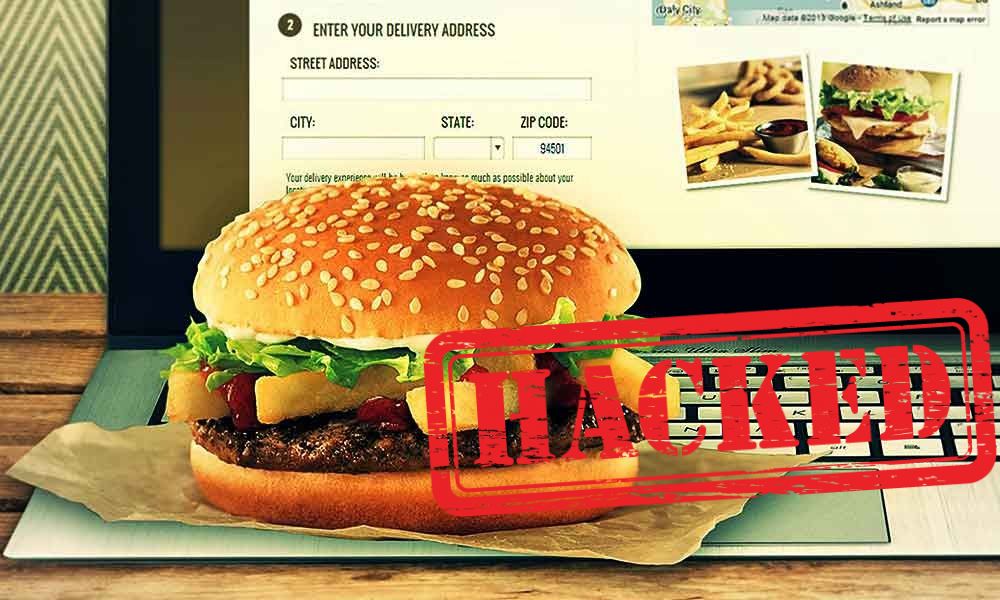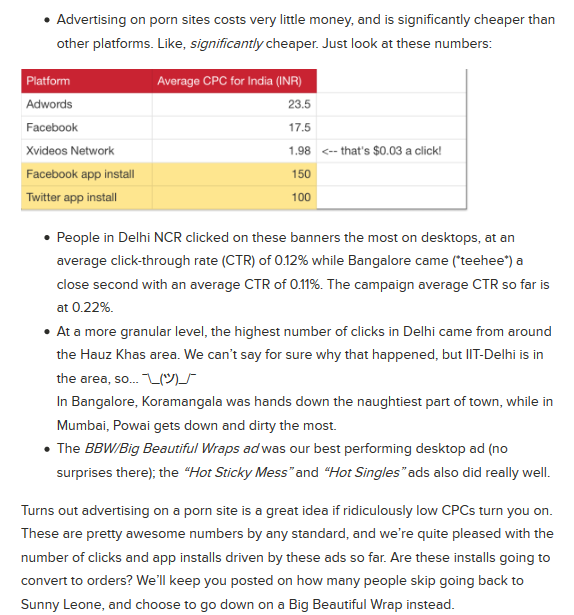How Does Zomato Make It So Yummy?


Zomato has invented some sort of secret ingredient, I think; something to add just the right amount of ‘masala’ along with the tempting flavour of urgency in everything they do.
I don’t intend to undercut the gravity of the recent crisis situation at Zomato wherein its servers were hacked and personal data of its 17 million users stolen. But more importantly, the average Indian consumer has never come so close to a massive security breach involving a brand that serves as innate and simple a purpose as Zomato does.
That’s why its making news!
Remember the Big Billion fiasco at Flipkart? The online sale purportedly went wrong because Flipkart’s servers couldn’t handle the unexpected overload, while India woke up to the realization that our e-shopping market has come of age.
Anyhow, being a regular Zomato user, I was genuinely alarmed when I first read about the hacker attack last week – “OMG! Did they get my credit card details?”
The article was quick to point out that no such sensitive data was stolen. “Great! So what information was stolen?” I wondered. I was informed that it’s just my name, phone number and email ID. “Ah well, every mobile operator, bank and spa in India has that,” I thought.
But over the next few days, not only was Zomato trending on social media, it was simply all over the place. The English papers were writing about it, and the vernacular papers were covering it. And one fact kept popping up everywhere – 17 million users.
That’s just a little less than the entire population of Mumbai!
A crisis of this scale can easily spin out of control, with social media providing the necessary fuel. But in Zomato’s case, stuff always unfolds in unexpected ways! As it turned out, on Zomato’s initiative the hackers agreed to pull down all that ‘non-sensitive’ data they had briefly put up for sale on the dark web.
There was just one twist missing in this roller coaster ride – the ‘our-Founder-explains-in-a-blog-post’ tactic that Zomato has employed so well in the past. That happened this week, and you can read it here.
The blog post tries to centre media attention on it being an ‘ethical hack’ intended to apprise Zomato of its vulnerabilities. But it also says what I was hoping it would – the hack happened because the personal login information of a Zomato developer was compromised.
By rule of thumb, honesty is the best policy in a crisis. The truth always diverts attention away from our other questionable virtues.
One wouldn’t easily forget the Zomato #foodporn ads of 2015. It was the exact same story then – innuendo based ads displayed only on pornographic sites post midnight, a somewhat shocking guerrilla marketing tactic that Indian consumers had simply never been dealt before.
#Foodporn was also followed by a media frenzy as well as the classic ‘Founder-explains-in-a-blog-post’. While Zomato ultimately pulled off the digital campaign as ‘some people might have found it in bad taste’, it didn’t shy from sharing spicy facts about the porn surfing habits of Indians –

The amount of attention Zomato received from #foodporn in the press and on social media was exemplary. Interestingly, these news stories, and the ad gurus they quoted, never really criticized Zomato for the ads. For there was nothing to criticize, only a lot to debate!
Zomato exists in a growing and highly competitive sector. Raising a decent revenue and finding new funding is dependent on growth of the user base. But Zomato has managed to retain its top of mind recall among consumers, successfully sidelining all the new and younger entrants in the market.
Forward to 2017, the recipe is new but the flavour is the same. The widespread national and international publicity of the hack has underscored one simple fact – Zomato possesses the largest user base in its category by far. No debates about that.
I mean, people who don’t order food online are forced to think – “17 million people are using Zomato, then why not I?”
Those who are using competing services wonder – “17 million users? I guess they have a lot more restaurant and food options…”
And folks who actually care about online data privacy are like – “What India really needs is a good DND law.”
As for me, I somehow ended up ordering twice on the same day via Zomato, the day after it got hacked.

Nice